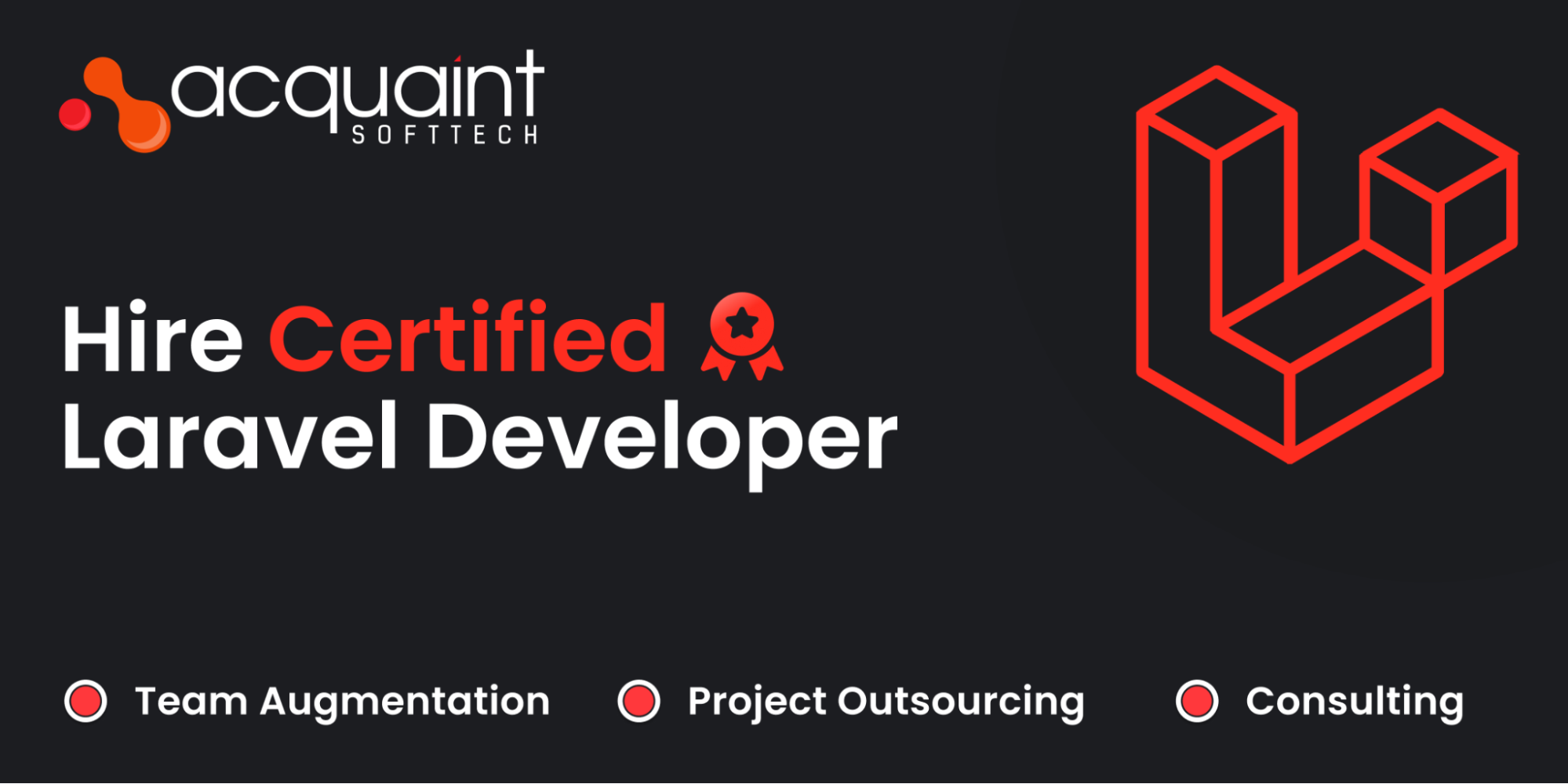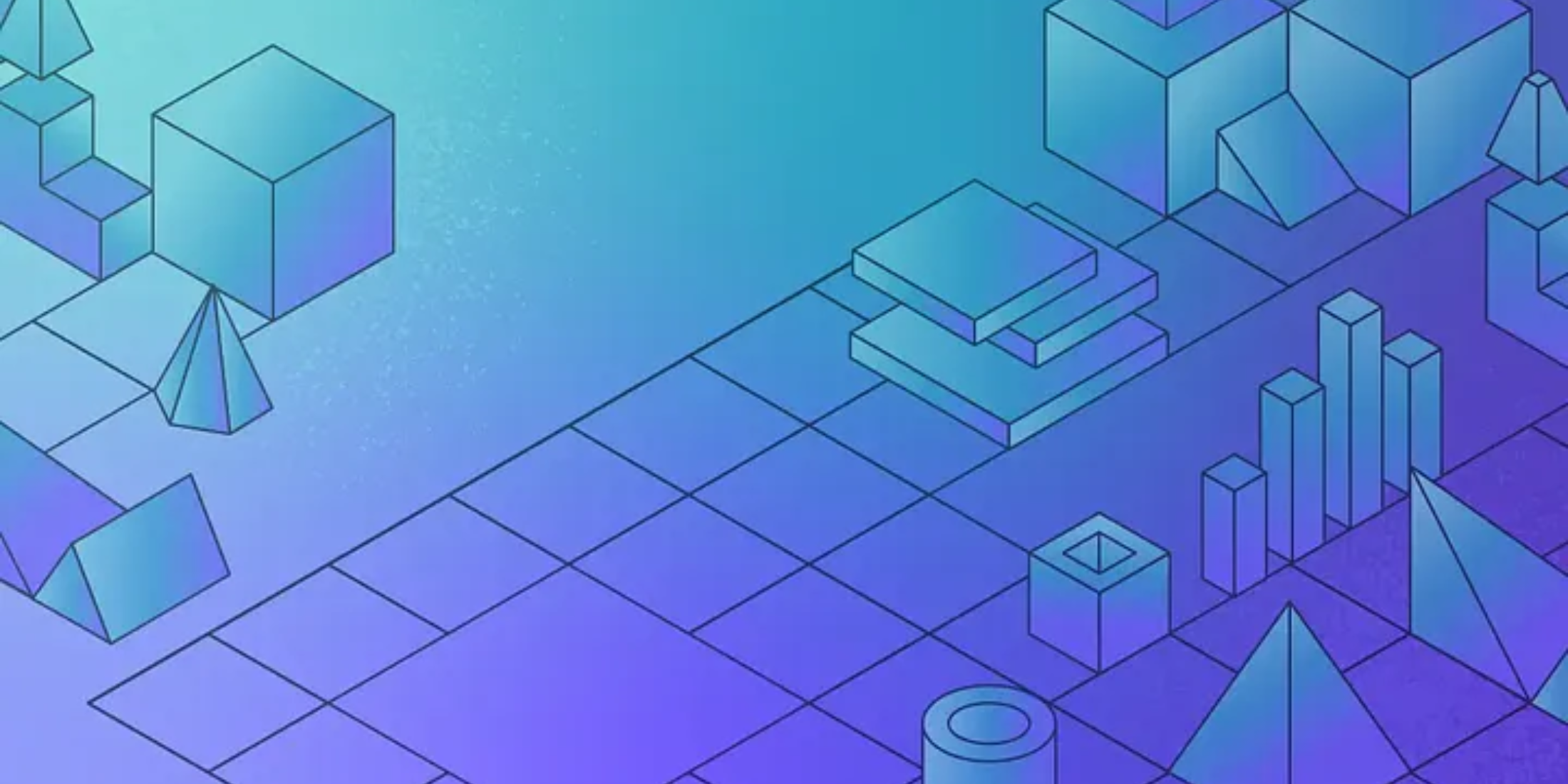Just-In-Time Knowledge: How to learn what you need to know and forget the rest
Published on by Sharon Steed

Technology—including the web—moves insanely fast. It can be intimidating (often annoyingly so) to try to not only consume the content constantly served to us, but also retain it. After all, isn’t the point of sharing information to learn from it? This just-in-time knowledge can be an unfriendly reminder that, no matter how hard we try, we will have a difficult time keeping up with the newest trends and tech.
Doctors are especially impacted by this dire need for one-off knowledge. Primary care physicians need to know a million facts and those million facts are constantly changing depending on the season, the patient, and their location. If they’re wrong about a diagnosis, the results could be fatal. Research shows as many as 98,000 patients die each year as a result of medical errors.
We work in tech, so our just-in-time knowledge isn’t nearly as cataclysmic. However, not knowing the latest trends or being unfamiliar with specific updates can be harmful to our careers. Luckily in tech, most of us have to keep up to date on software and hardware to be successful at work. But what if we’re swimming in a project at work and don’t have time to look into the new technologies? What if it’s nearly impossible to bake new knowledge into our jobs?
Here’s where retention comes into play. We all have a few minutes daily to steal away for a bit of knowledge gathering, whether it be a quick scroll through Twitter or skimming a post on Medium. These moments of quick consumption don’t have to be throwaways. You can use them to keep up to date on the ever-changing web and tech. To make knowledge gathering time more valuable, you have to have great retention.
What influences retention? Two things specifically: sleep and training. Regarding training, knowledge influences memory by affecting retrieval. Knowledge also helps us relate the new information back to already stored information, elaborate on the stored info, and strengthen our ability to remember the new information.
The second major factor influencing retention is sleep. Research shows the more sleep someone gets, the more they retain. The opposite is also true; the less sleep we get, the less we’ll be able to remember certain details. And this makes sense. We know lack of sleep impairs a person’s ability to focus and learn efficiently.
Then there’s the impact sleep has on making memories. Studies have shown that, although both acquisition and recall take place when we are awake, sleep is required for consolidation of a memory.
As we all know, however, it can be difficult to get a full night’s rest and also attempt to have a life as well. Many of us counter the lack of sleep with coffee. It turns out, caffeine’s effect on memory is positive. A team of scientists at Johns Hopkins found that study participants that took 200 milligrams of caffeine after studying had better long-term memory retention than those that did not.
This information is very useful in relation to just-in-time knowledge. We all are constantly consuming information; some incredibly valuable, some to be tucked away for possible use later, and some incredibly useless. How do we retain the information we need and forget the information we don’t? Further, how do we determine which info is necessary and what’s not?
A great place to start is with the research. Retaining info is more likely when we are well rested, so get between seven and nine hours of sleep a night. Even when you do get enough sleep—and especially if you get less than recommended seven hours—drink at least 200 milligrams of caffeine a day, which is the amount in roughly one strong cup of coffee. Third, strengthen the newly introduced concepts by relating the new information back to the already stored info you have.
Increasing retention is the easy part. How do we know what information to keep and what to throw away? This is entirely debatable. A good place to start, however, is looking at the info you consume daily through the eyes of what you would naturally take with you. For example, skimming through the latest update of Laravel will net you info you’re going to bookmark and probably utilize that day. Skimming through articles on HuffPo or TechCrunch, however, will be info you probably won’t need to retain but will just be nice to have.
Sharon is an empathy consulting, public speaker and writer. She has over a decade of experience creating and managing content for businesses. A lifelong stutterer, she utilizes her experiences with her speech along with her background in marketing to help companies communicate more effectively both internally and with their target audience. She writes and speaks about improving communication through empathy. She lives in Pittsburgh.










